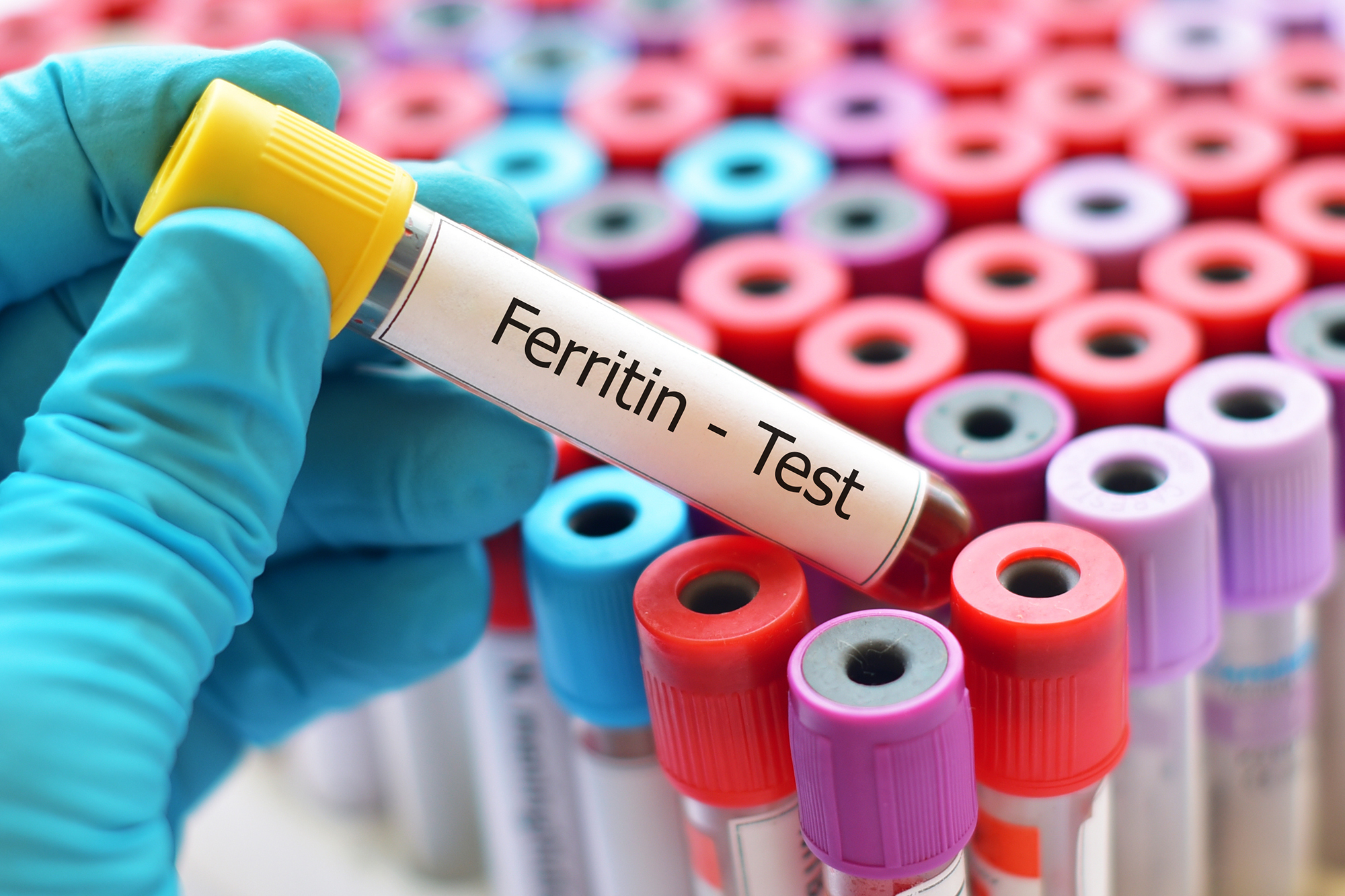
Joe’s Experience with Ferritin
“Most of my client population have lower ferritin and this is usually because of some kind of intestinal inflammation that is not allowing the person to absorb iron well, or because of conditions like hypothyroidism.
Indeed, research shows that people with IBD, fatigue, hypothyroidism, and fibromyalgia have lower ferritin, and these are common groups among my clients.
When iron (indicated by ferritin) is lower, it can contribute to and exacerbate existing health problems, so you want to get that fixed.
I myself had ferritin on the lower end of the range when I wasn’t as healthy (about 40 to 50).
Some people are trying to get ferritin to 20 ng/ml for “anti-aging purposes,” but given the research cited here, that’s a big mistake.
I personally try to get my ferritin levels over 90 ng/ml, especially because I’m Th1 dominant and more iron is better for me.”
Recommended Ferritin Supplements for Increasing Ferritin/Iron Status Without Gut Problems
- Ferric iron polymaltose complex + heme iron polypeptide [1]
- Lactoferrin
- Vitamin C
- Lysine: The addition of L-lysine to iron supplementation resulted in a significant increase in serum ferritin concentration in some women with chronic hair loss (telogen effluvium), who failed to respond to iron supplementation alone [2]
Read more about the Dangers of High or Low Ferritin Levels & Normal Ranges here.
